Interview by Dan Sibley
Edited by Bella Li
I use photography as a medium to explore my psychological unknown, as well as my reality and environment. I prefer to expose the unseen. The lens allows me to capture and bind the scattered fragmentation of memory and time to produce palpable, even ambiguous, pictures. The most important part of my creative process is to explore and experiment with the photograph as a document, then analyse the visual layers and narratives.
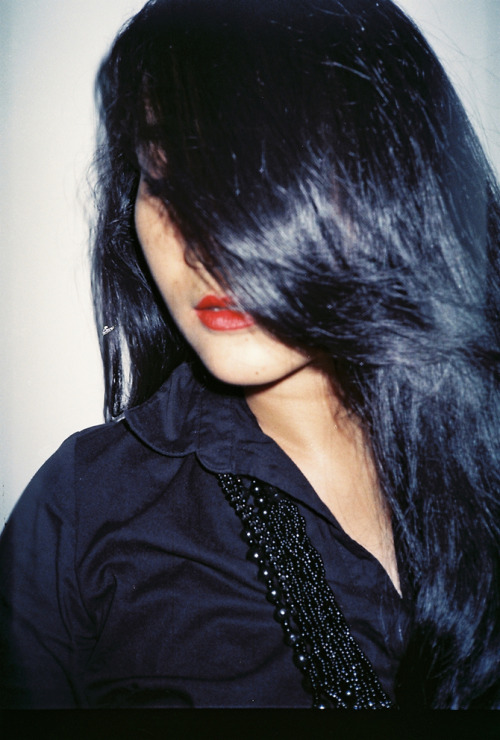
There is a sense of the younger curious brother at play in your photographs—close connections and open candour. This sincerity is something I really enjoy in your work. I was hoping you’d tell me about the relationships you have with your subjects and why it’s important for you to document these moments?
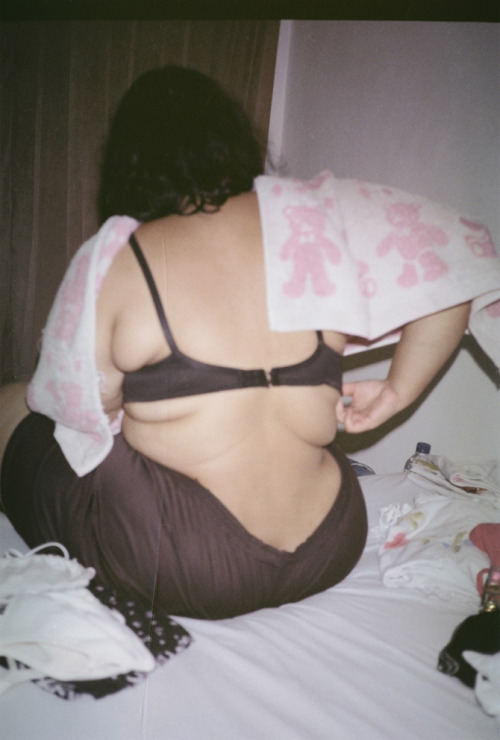
My subjects are mostly something or someone familiar. But I like to estrange myself from them so as to unveil an unfamiliar realm that I don’t see on daily basis. Other times, my subjects could be something I have a sudden attachment towards, especially if it’s something I’ve never encountered before. Like one of those ‘fleeting moments’ you don’t want to let go, or something surprising that makes me press the shutter.
It’s hard to answer why it is important to document these moments. It could be a simple reminder to myself about time or even feeling at that moment, an attempt to answer my curiosity about life.
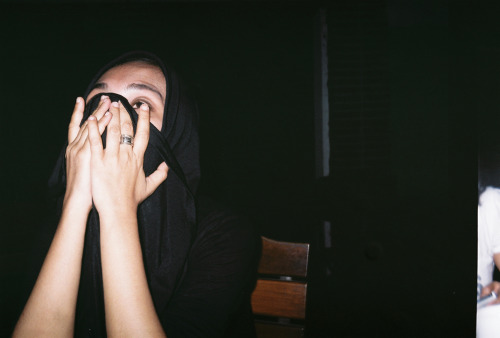
Most of your work appears to be made on 35mm film. Do you feel that film gives more intimacy to your work versus working in digital?
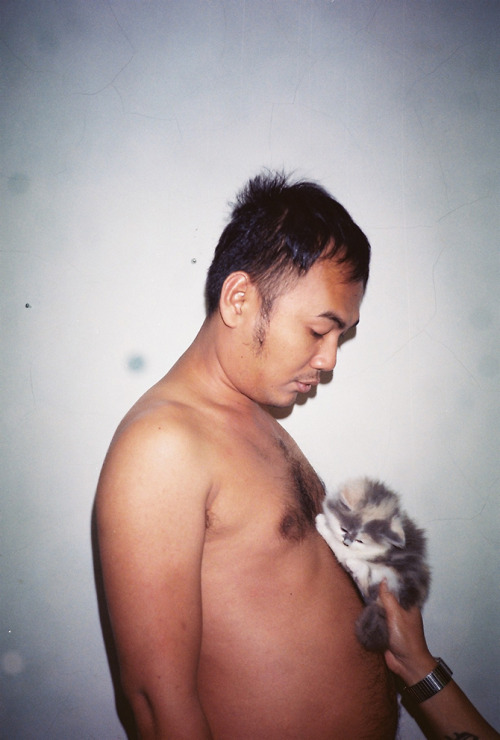
I like the organic nature of this medium, which means I don’t have too much control over the resulting image. I used to work with digital until I became overly controlling. Film feels more genuine and honest.
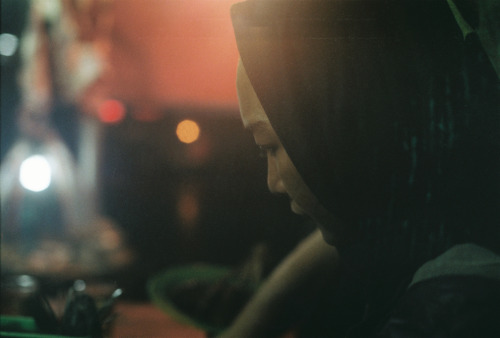
So you feel it’s more difficult to carry these sentiments through the digital medium?
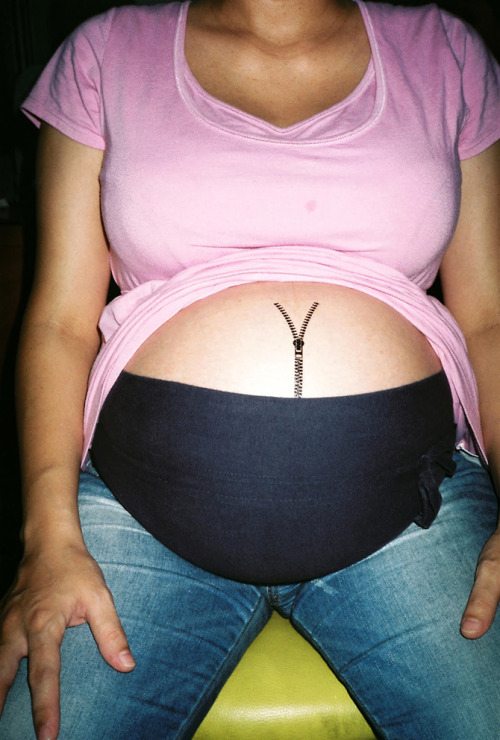
I think so. It’s because you can take a thousand images using digital, or press the shutter hundreds of times to get the perfect image. Then move into Photoshop, where you can totally change everything. For me, it can be too artificial. Though I do not oppose the use of a digital camera, I find imperfections of film more interesting.
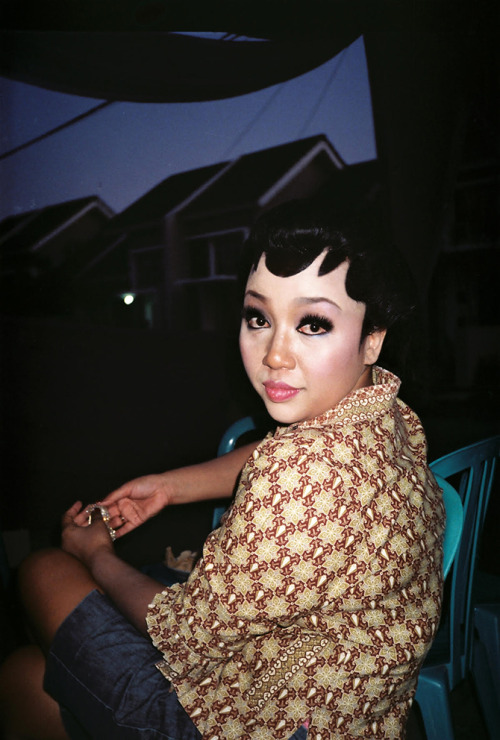
Your work has been featured in a number of international publications. I was interested in how you feel your work is perceived by an outside audience. With regards to the cultural emphasis of your photographs, are there colloquial aspects to your work we might be missing?
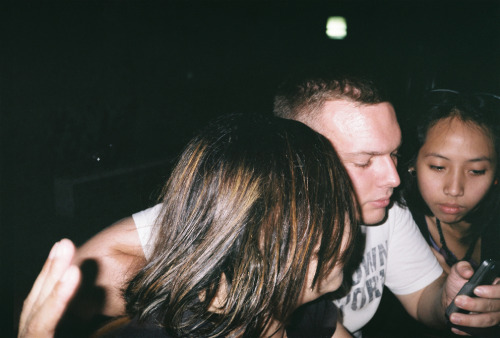
I never really ask others how they see my work—to be appreciated is enough. But when I do, sometimes, have a short discussion about my work, the cultural emphasis is never discussed. Maybe it’s not clear that all of my photographs are shot in Indonesia. How to read my works is up to the audience.
Please consider following PHOTODUST on Twitter and Instagram.